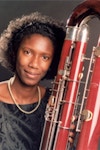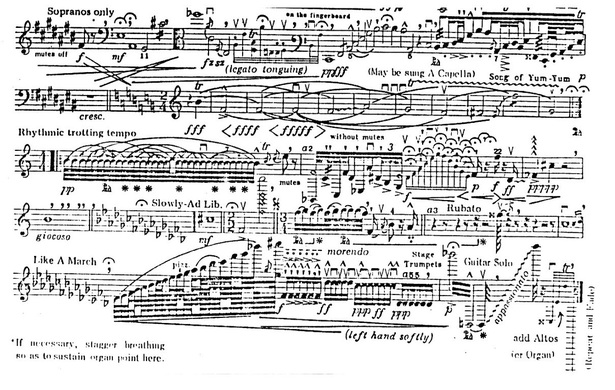As a bassoon or oboe player, have you ever felt there are some passages of music and some techniques for playing your instrument which you will never (ever!) be able to master? Are there solos that you would never attempt, scalic passages that are just too fast, and staccato passages that are so fiendish that your tongue just can't keep up?
If the answer for you is yes, then a little encouragement may be in order. I recently read the blog post,
On the Impossible Bucket List by Cayla Bellamy, and lo and behold even professional bassoonists have passages and techniques that they are afraid to tackle. Cayla is a professional bassoon player and teacher of great experience, one of the best out there, yet even she has challenges to overcome and has been honest enough to admit that.
Here are some quotes that she has heard recently as examples:
"I could never double tongue like that."
"We just can't make that kind of sound."
"I had the heart of a dancer, but never the feet."
"Even if I practiced for 80 years, I'd never be able to play that."
These grow and branch out, one by one, to become a tree of impossibilities looming over our careers.
It may seem obvious, but sometimes we might forget that professional players have in fact had to learn all this stuff the hard way, putting in the hours, and at one point or another facing down 'impossible' passages of music with some determination. This applies to everyone though, from beginner to professional.
The advice given is just have a go at the pieces that are your worst nightmare from a technical perspective. That is not to say that you should try and perfect them, as undoubtedly many of these passages will realistically be beyond our current skill level. But in having a go at them satisfaction can be gained from having experienced a new piece of music, challenging yourself and maybe even eventually mastering that piece of music to a reasonable degree.
www.DoubleReed.co.uk



